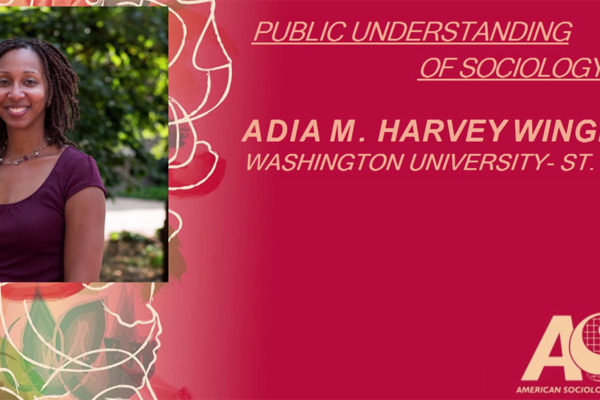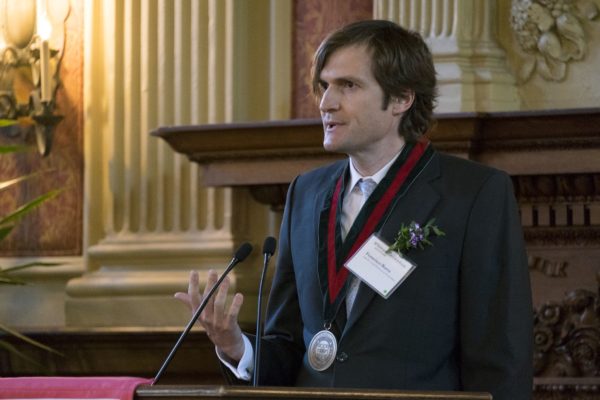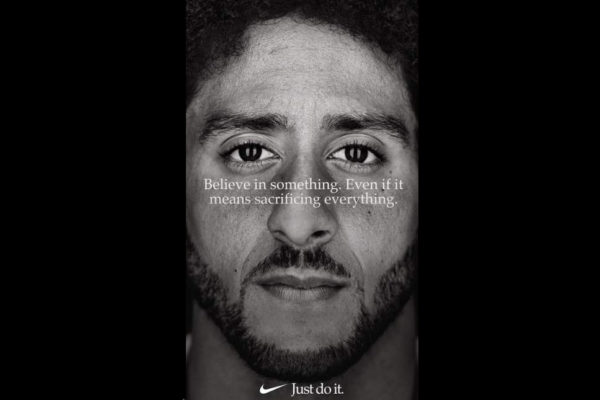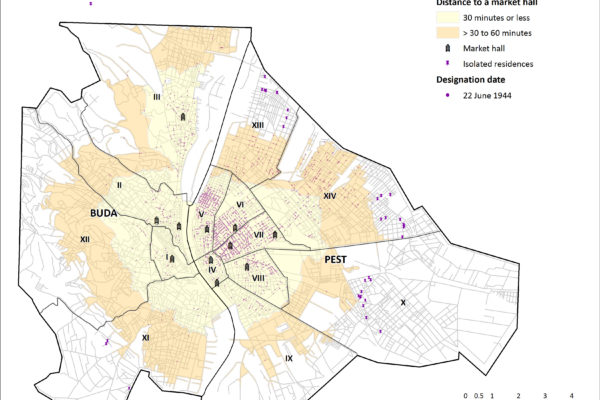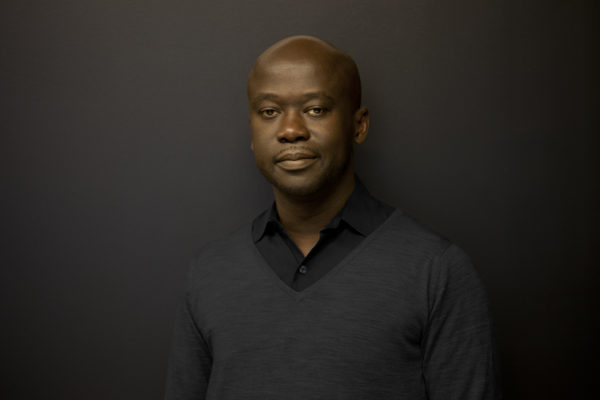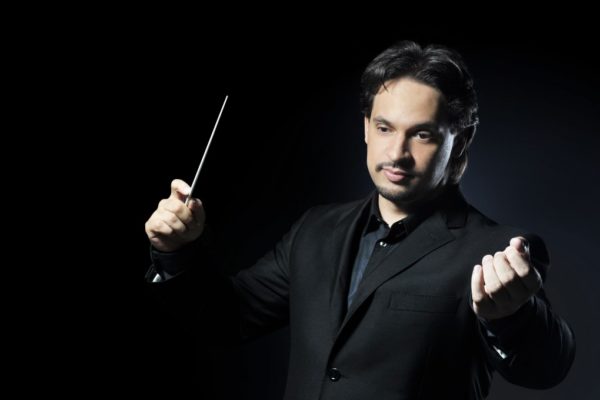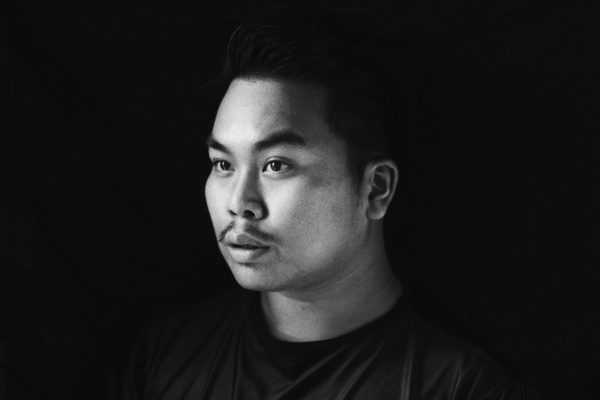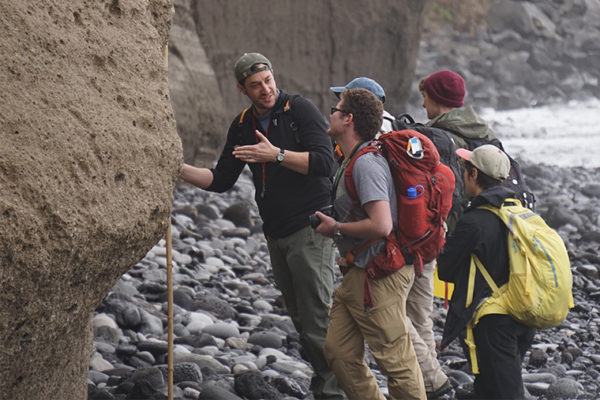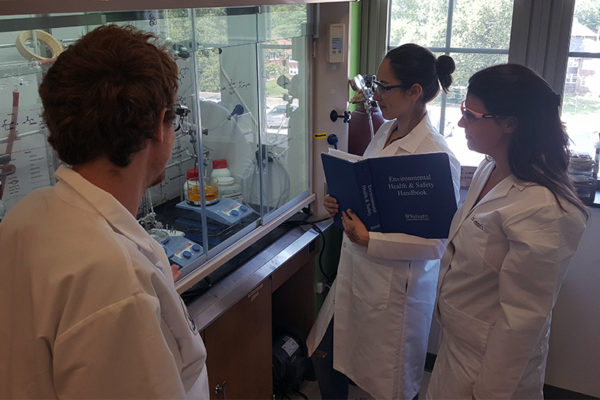Wingfield honored for promoting sociology
Adia Harvey Wingfield, professor of sociology in Arts & Sciences at Washington University in St. Louis, was awarded the American Sociological Association’s 2018 Public Understanding of Sociology Award at the ASA’s 113th meeting in August in Philadelphia.
Buera installed as Cook Professor
Francisco Buera has been named the Sam B. Cook Professor of Economics in Arts & Sciences at Washington University. He was installed May 7 at a ceremony in Ridgley Hall’s Holmes Lounge.
WashU Expert: Kaepernick, fans and the corporate megaphone
“Nike is turning towards a younger, more diverse America because they’ve calculated that Trumpian claims about compulsory patriotism and black athletic obedience will not win out,” says Noah Cohan, who studies sports narratives and fandom at Washington University in St. Louis.
Holocaust Ghettos Project wins NEH Digital Humanities Advancement Grant
Anika Walke, assistant professor of history in Arts & Sciences, is co-recipient of a 2018 Digital Humanities Advancement Grant to support “The Holocaust Ghettos Project” from the National Endowment for the Humanities.
Adjaye to receive Washington University International Humanities Prize
British architect Sir David Adjaye, who led design of the Smithsonian National Museum of African American History & Culture, will receive the 2018 International Humanities Prize from Washington University in St. Louis. The $25,000 prize is among the largest U.S. awards in the humanities.
Aquino to lead Washington University Symphony Orchestra
Celebrated composer Darwin Aquino will join the Washington University Symphony Orchestra as conductor-in-residence beginning with the 2018-19 season.
Changing our understanding of the carbon cycle
Processes that were thought to take tens of thousands of years can happen in hours, according to new research. And that may change our understanding of the carbon cycle, and maybe the history of Earth’s climate.
Paul Tran wins Poetry Foundation award
Paul Tran, a Chancellor’s Graduate Fellow in The Writing Program in Arts & Sciences, is one of five young poets awarded a $25,800 prize from the Poetry Foundation and Poetry magazine.
Field Notes | Azores, Portugal
Students in an undergraduate class in Arts & Sciences traveled to the remote Portuguese Azores archipelago to study field geology techniques in a rugged landscape shaped by volcanoes and shifting tectonic plates.
National award honors chemistry department’s safety innovation
The Department of Chemistry in Arts & Sciences recently received an Innovation Award from the Campus Safety, Health, and Environmental Management Association and Association of Public and Land-grant Universities in recognition of its outstanding program that improves research safety on campus.
View More Stories
